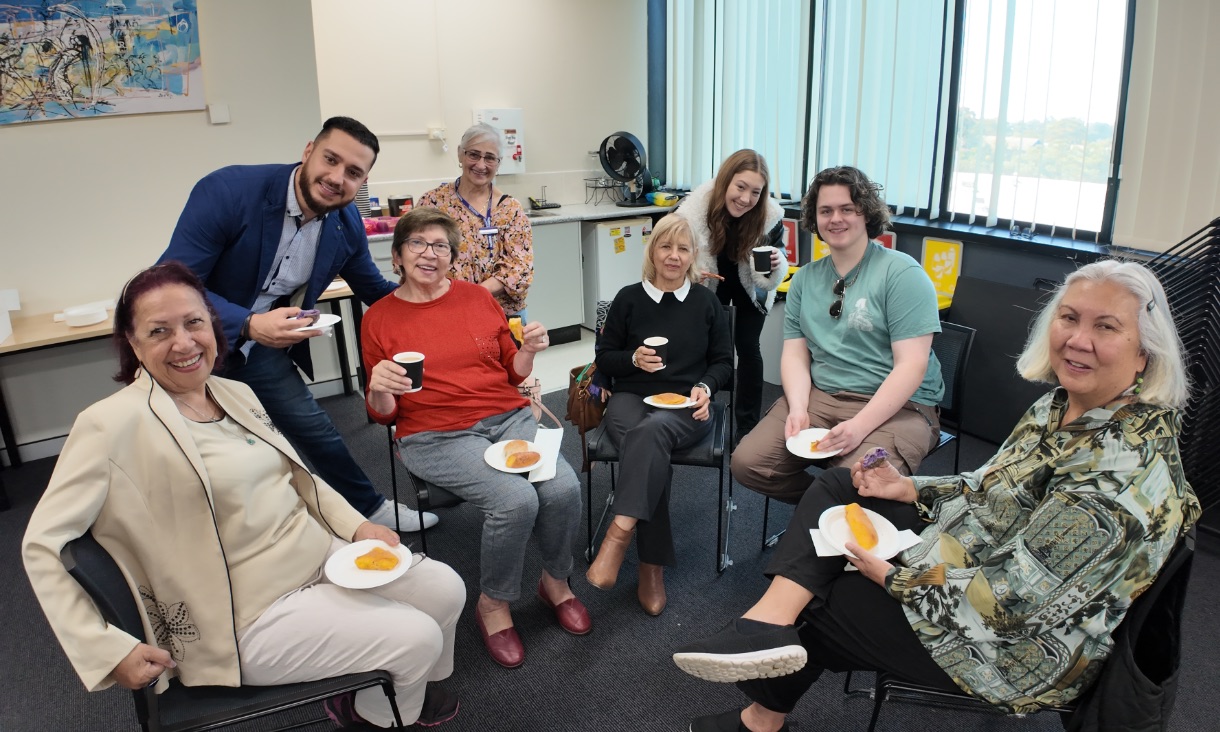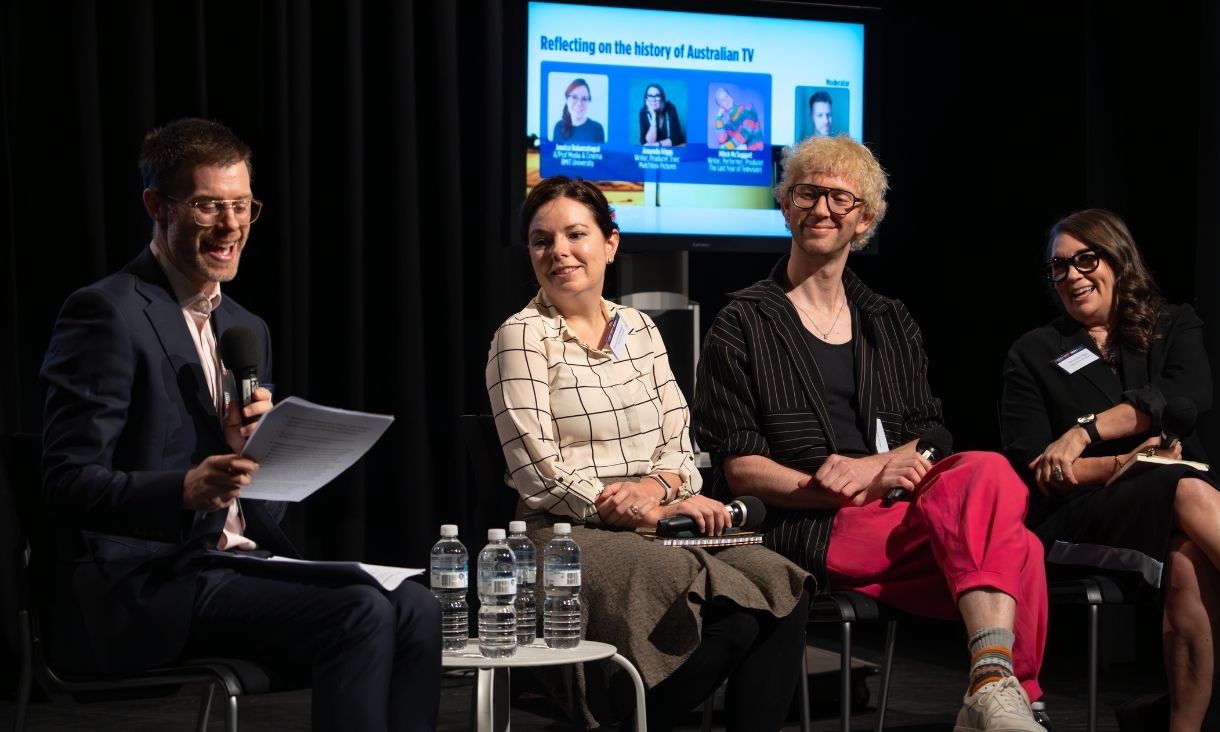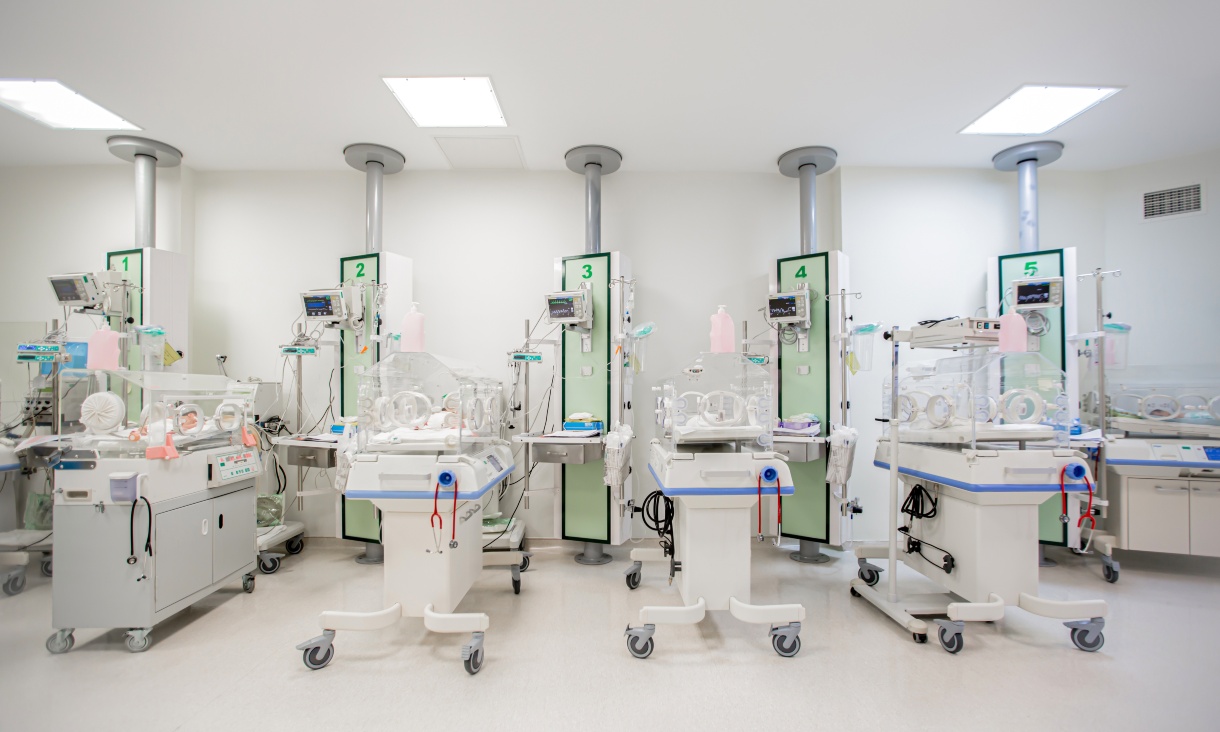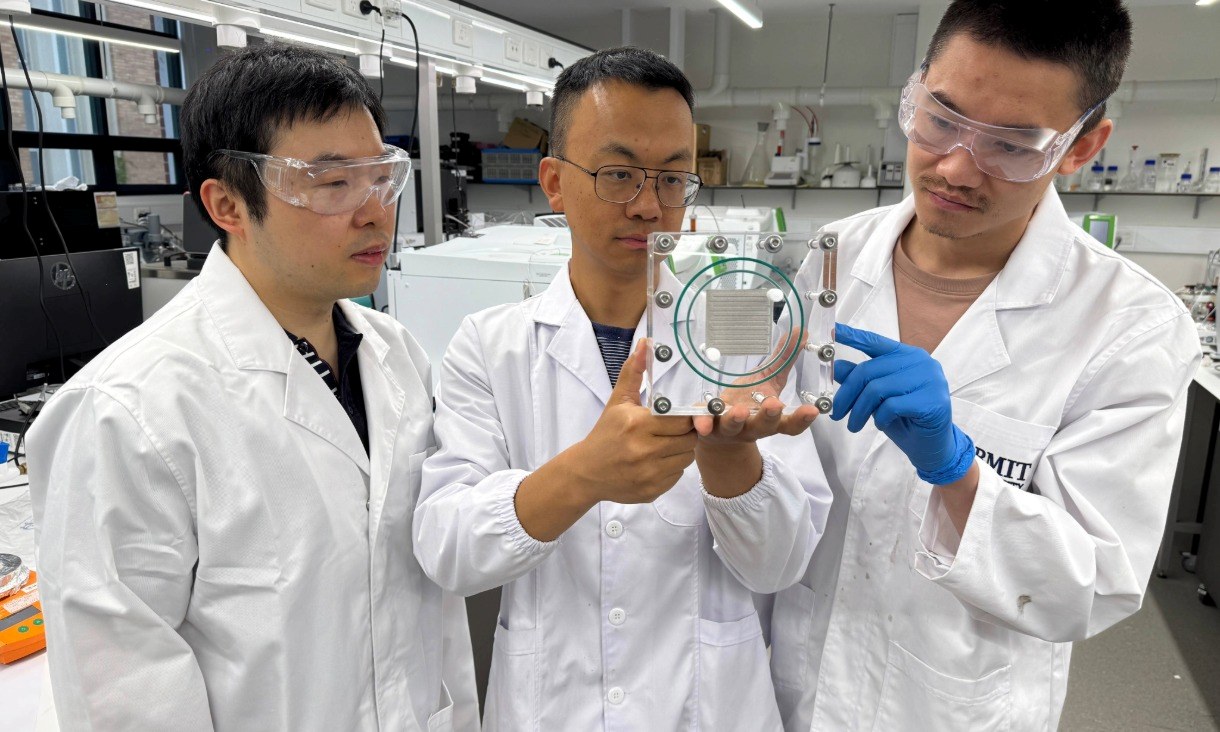‘Incredibly resilient’ nylon device creates electricity under tonnes of pressure
RMIT University researchers have developed a flexible nylon-film device that generates electricity from compression and keeps working even after being run over by a car multiple times, opening the door to self-powered sensors on our roads and other electronic devices.
One hundred years on, RMIT and industry experts consider what Australian culture might look like without broadcast TV
RMIT University convened Media & Communication luminaries for a ‘100 Years of Broadcast TV’ symposium to reflect on the impact of the broadcast signal in Australia and speculate about its future in the wake of major industry disruption.
European research lays the groundwork for future stem cell clinical trials
RMIT has contributed to an international consortium exploring how human mesenchymal stem cells could help to repair brain injury in children born preterm.
New carbon-conversion technology could turn emissions into jet fuel
RMIT researchers have developed a carbon conversion technology that may one day help turn industrial emissions into jet fuel, by simplifying how carbon dioxide is recycled.








